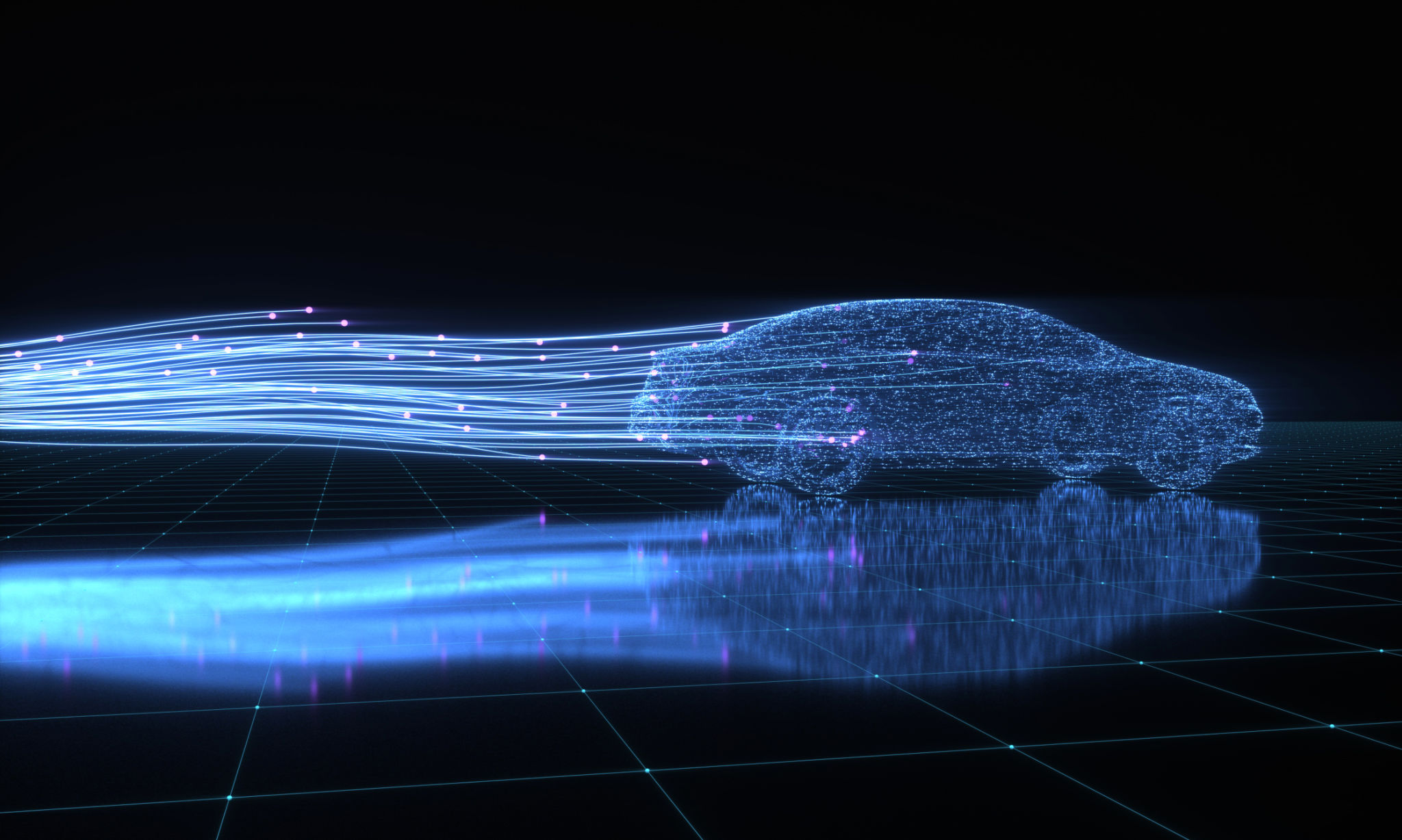Success Stories: How Deep Learning Transformed These Projects
Revolutionizing Healthcare with Deep Learning
Deep learning has made significant strides in transforming the healthcare industry. One of the most notable success stories is in the realm of medical imaging. By leveraging deep learning algorithms, radiologists can now detect anomalies in X-rays, MRIs, and CT scans with unprecedented accuracy. These technologies have greatly improved early diagnosis and treatment outcomes, particularly for diseases like cancer and neurological disorders.

Another success story comes from personalized medicine. Deep learning models analyze genetic data to predict an individual's response to various treatments. This approach allows for customized healthcare plans, improving efficacy and reducing side effects. As these models continue to evolve, the potential for deep learning in healthcare remains vast and promising.
Transforming Autonomous Vehicle Development
The automotive industry has also experienced a transformation thanks to deep learning. Companies developing autonomous vehicles rely heavily on deep learning algorithms for object detection, decision-making, and navigation. These technologies enable self-driving cars to interpret their surroundings accurately, ensuring safe and efficient travel.

One of the most impressive achievements in this field is the ability of autonomous vehicles to learn from real-world driving scenarios. By continuously updating their algorithms with new data, these vehicles become smarter and more reliable over time. This iterative learning process is crucial as companies strive to make autonomous transportation a reality.
Advancements in Natural Language Processing
Deep learning has also made a substantial impact on natural language processing (NLP). Applications like chatbots, virtual assistants, and language translation services have become more sophisticated and user-friendly thanks to deep learning techniques. These technologies can understand context, tone, and even humor, making interactions with machines more human-like.

One success story is the development of AI-powered customer service platforms that utilize deep learning to handle inquiries efficiently. By understanding customer needs and providing accurate responses quickly, these platforms enhance user satisfaction and streamline operations for businesses worldwide.
Enhancing Cybersecurity Measures
In the realm of cybersecurity, deep learning has proven to be an invaluable tool. Algorithms can now detect unusual patterns and potential threats in network traffic far more effectively than traditional methods. This capability allows for the early identification of cyberattacks, protecting sensitive data and reducing potential damage.
One remarkable application is the use of deep learning to identify phishing attacks. By analyzing email patterns and content, these systems can flag suspicious communications, safeguarding users from deceptive schemes. As cyber threats continue to evolve, deep learning will play a pivotal role in maintaining robust security measures.
Streamlining Supply Chain Management
The logistics industry has also benefited from deep learning's capabilities. Predictive analytics powered by deep learning algorithms can forecast demand with high precision, optimizing inventory management and reducing waste. This efficiency leads to cost savings and improved service delivery for businesses.

An example of success is the use of deep learning in route optimization. By analyzing various factors such as traffic patterns, weather conditions, and delivery schedules, companies can determine the most efficient routes for their fleets. This innovation not only increases operational efficiency but also contributes to sustainability efforts by minimizing fuel consumption.
In conclusion, deep learning has transformed diverse industries with groundbreaking advancements. From healthcare to logistics, its ability to process vast amounts of data and deliver actionable insights is unparalleled. As technology continues to progress, the potential for deep learning to drive innovation and solve complex challenges remains limitless.